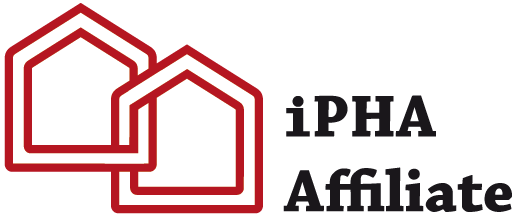Get in touch
For general enquiries about PHINZ, fill in the form and we’ll be in touch with you.
If you are looking for a Passive House Designer & Consultant, check out the Members page.
To stay in the loop, sign up to our newsletter below.
PO BOX 11766, Wellington 6142
enquiries@passivehouse.nz
